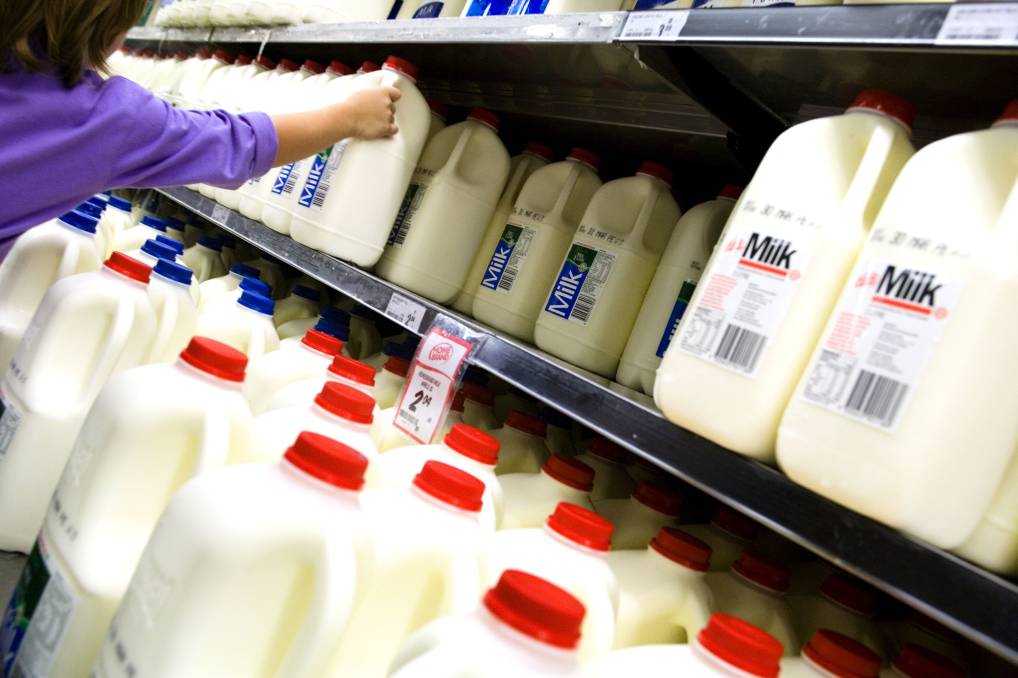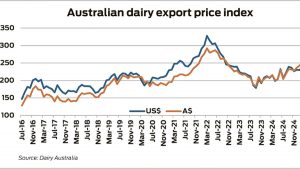
Unfortunately, some processors have acted in a sneaky and untrustworthy manner, which has demonstrated exactly why the Dairy Code was necessary. It seems some processors believe the ACCC will not act against any breaches at this stage and thus have pushed the envelope re actions often hiding behind ambiguous legal advice.
So what poor behaviours am I referring to? To start with, why did one processor list just one contract with a minimum price of 58c/L for farmers throughout Australia and listed a providence premium (including for Queensland farmers) but left this blank? There is no chance that the contracts offered in Queensland have a flat price of 58c/L.
There has been a lot of discussion surrounding what minimum price in a contract means. Clearly the intent of the code is that processors would list a full schedule of prices with quality payments, penalties and bonuses and this total set of payments would be the minimum price payments to farmers.
So why has one processor listed a minimum price of 50c/L for years two to five of a five-year contract, which is so low it means nothing in relation to a realistic expectation of future prices? The same processor has listed a full schedule of monthly prices, quality payments and bonuses for year one with an average payout of around 70c/L. This behaviour is sly at best.
If processors want to have multi-year contracts then they must publish a realistic set of minimum prices including a full price schedule, quality payments, bonuses and penalties as is required under the code. If processors can’t commit to prices beyond year one, they need to offer contracts that are commercially appropriate which is why almost all processors have moved to one-year contracts.
Why are some processors trying to get farmers to sign code compliant contracts which are not commercially attractive? And why are they trying to pull the wool over farmers’ eyes?
Why have some offered non-exclusive contracts that have conditions including price and minimum monthly supply of 90 per cent of last year’s production which would be impossible for most farmers to reach?
There are questions around loyalty payments which effectively force farmers to sign new contracts or face a significant reduction in milk price and even lose loyalty payments for historical supply. It is bizarre how a farmer who has recently signed a long-term contract is being forced to sign a new long-term contract or face a significant reduction in price.
Clearly there are games being played by some processors and the code has done little to redress the imbalance of power for farmers supplying these processors.
QDO has brought our concerns about the actions of some processors to the attention of the Agriculture Minister and the ACCC.
We would expect these concerns to be investigated and any breaches resulting in penalties by the ACCC. Certainly, government needs to learn from these experiences and significantly strengthen the code when it is reviewed in 2021.

























